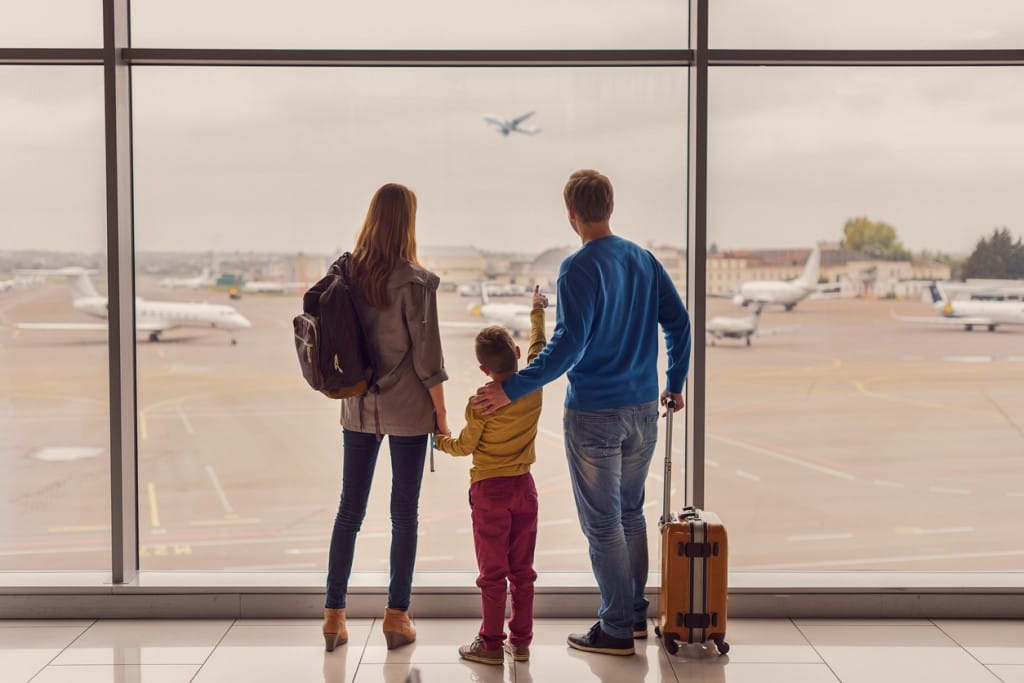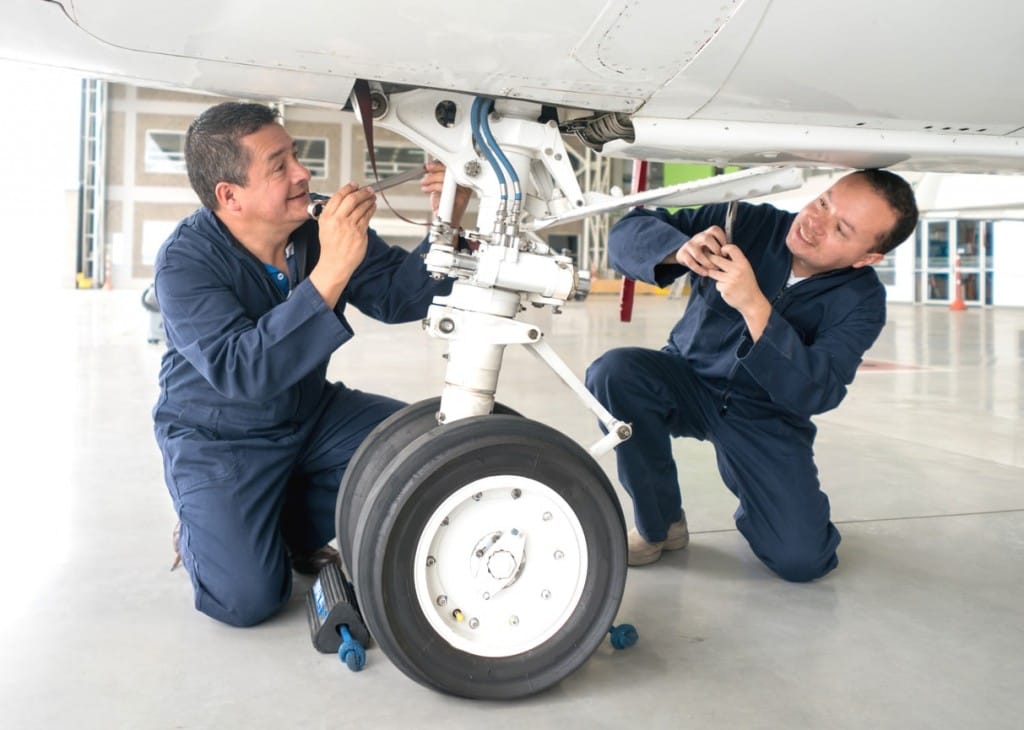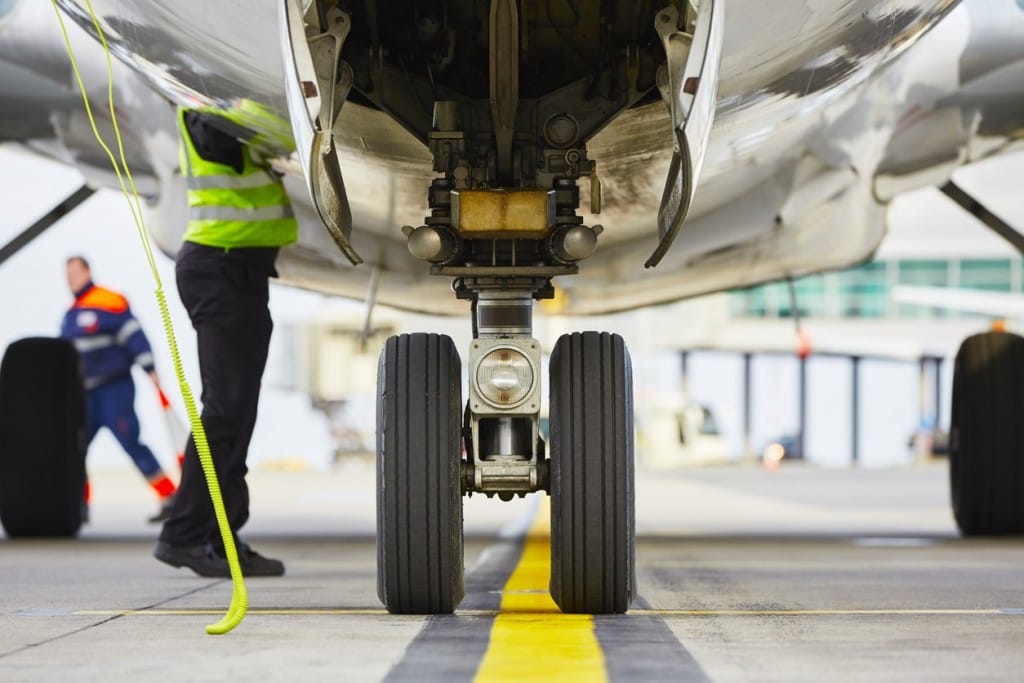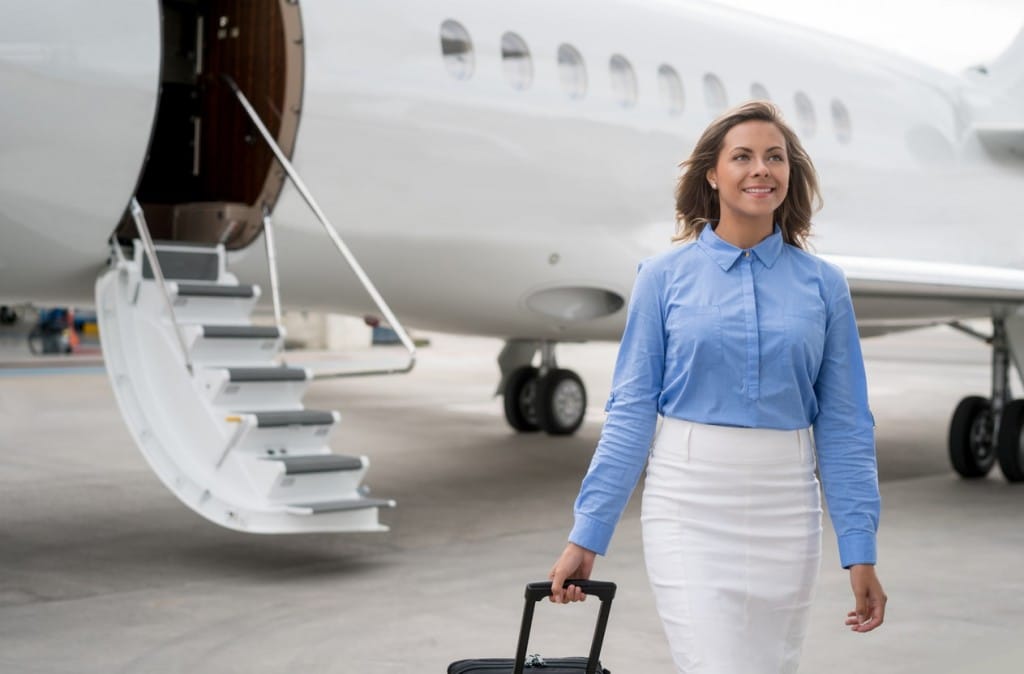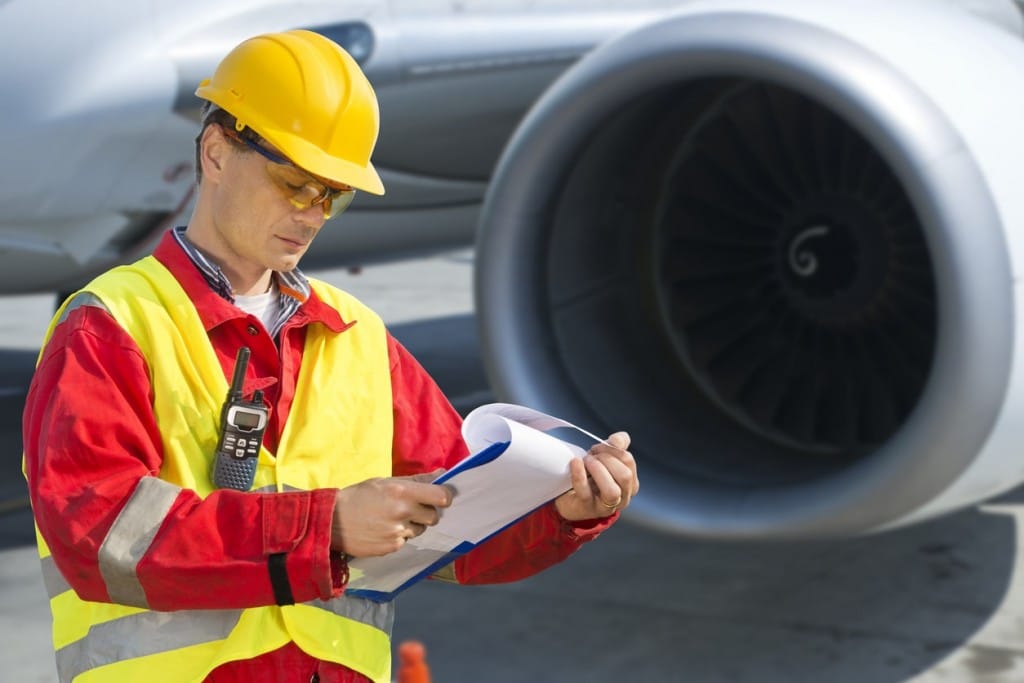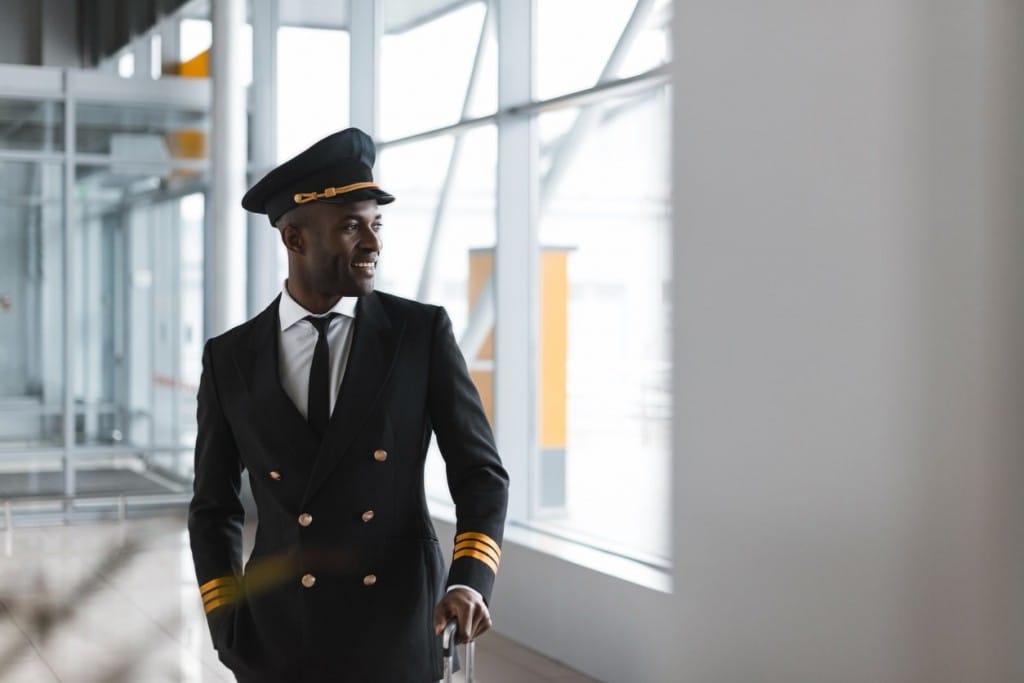Airplane Safety: How Safe Are Private Jets?
Private jets ensure high airplane safety, with rigorous standards and frequent maintenance checks. Pilots undergo extensive training, and these aircraft are equipped with advanced safety technology. Compared to commercial flights, private jets provide a high level of airplane safety, offering peace of mind for passengers.
Airplane safety is of the utmost importance for jet owners, pilots, and charter companies. In fact, many of the pilots you will encounter flying these private jets are former 747 aircraft pilots with spotless records.
However, if you have never – or rarely – flown charter, you may still be hesitant about private airplane safety.
You may not be able to know everything, but by following these 6 tips, you should be able to get a good idea about the jet and its safety.
Too many caution flags? You may want to seek alternate travel arrangements.
6 Airplane Safety Considerations
When determining private airplane safety, there are a couple of considerations to look out for.
- Security checkpoints
- Certifications and qualifications
- Network Alliance for safety
- Poor reviews or news articles
- Repairs that are too quick
- Pilot qualifications
These are six ways to determine the safety of your private aircraft.
1. Security checkpoints
One of the biggest airplane safety considerations actually occurs at the airport — security.
With private jets, the passengers are typically only the ones you invited, which helps to improve the safety of your travels.
Depending on the airport, you may or may not encounter a security checkpoint.
While TSA likes to secure everyone traveling, some smaller airports may tend to be very relaxed when it comes to this.
Pilots often will require to see ID from those traveling to ensure that the correct passengers are onboard the jet.
If you are concerned about security checkpoints and personal airplane safety measures, you may want to consult the particular airports you will be utilizing.
Keep in mind that private jets typically fly only those in your party, reducing the concern of flying with unknown passengers.
2. Check the qualifications
There are certain certifications that private jets are to provide.
Four, to be exact.
First, you should locate the Certificate of Airworthiness. This certificate is a permit required by the FAA and is to be displayed openly within the cabin of the jet. If it appears tampered with or is outdated, this should signal a problem.
Second, the Air Operators Certificate (AOC), issued by the FAA is proof that the aircraft is allowed to be operated for commercial use. It requires that there be a protocol in place to secure everyone’s safety.
Next, the charter company or private jet office should be able to provide you with proof of insurance. Any reputable charter will easily be able to provide you with this information.
Lastly, you will want to check out the pilot’s credentials. You will want to see his background and his qualifications for manning your flight.
This is all basic information that should be easily accessible.
Allow a little extra time before boarding to view these documents.
3. Network Alliance
Another way to determine airplane safety is if they are involved in any networks.
Many private jets belong to a network. They receive perks by joining and forming an alliance with these networks, but it also means an increase in safety for you.
In order to become a member, many groups require jets to go through a rigorous audit first.
If you ask about your jet’s network alliance, you may feel a bit more comforted upon hearing there is one.
4. Do your research
The internet is full of information these days. No longer do you need to ask questions and hope that you get an honest answer.
Instead, you can jump online and see a plethora of topics.
Search the aircraft you intend to fly – view things such as its safety record and its history.
If you know your pilot, a quick search can give you some background information there. And, of course, reviews of the charter company.
Keep in mind that reviews are not always accurate, as someone could simply be having a bad day when posted something negative. But, by reading through them and making your own determination, you are able to get a fairly good eye on the airplane safety situation.
Be diligent – and remember that you cannot necessarily believe everything that you read.
5. Quick repairs
Some repairs that need to occur on a plane are rather quick.
A break of 15 to 20 minutes can have you back in the air in no time. However, most repairs take a bit longer.
If you find yourself stuck on a private jet that fixes a repair in record time, you may want to start asking questions about the airplane safety.
Consult with the pilot to see if the time-frame seemed logical. After all, the pilot is at risk, too, if he or she flies the jet with a faulty repair.
Your life is in the hands of that repairman – don’t feel as though you don’t have time or authority to speak up.
6. Get to know the pilot
In the sky, your pilot has your life in his hands. One ill move and it can all be over.
Scary, right?
Get to know your charter pilot.
Start small talk and ask don’t hesitate to ask some questions about his or her qualifications and history.
There are a few things, however, that you will want to take into consideration while you are conversing:
- Pay attention to the pilot’s demeanor. If at all possible, you want a pilot who bounces onto the jet, fully dressed with a smile.
- Red flags should fly up if your pilot begins to discuss things that indicate a less-than-ideal personal life. For example, referring to a divorce, child custody battle, unhappiness at work, etc. should signal that your pilot may not be in the right frame of mind to handle your needs.
- Elevation can affect moods – especially if alcohol is consumed. If you suspect that your pilot has been drinking (even if he or she seems fine), then let this be a warning to you.
- If the pilot appears to be in a hurry, keeps looking at his or watch, and the like, this is cause for concern. You never want a pilot who is going to value time more greatly than safety.
Conclusion
Private jets are only as safe as their crew – the pilots, the owners, and the maintenance crew.
A private jet with a great airplane safety rating could have poor care or a less-than-perfect pilot. Safety when flying privately relies on many different factors.
Before climbing on board, do a thorough research and don’t be afraid to ask questions. Check for certificates and qualifications, have a long conversation with your pilot, and listen to your gut.
If everything checks out, then great.
But, if it doesn’t, you may want to switch jets or dig a bit deeper before getting into the air.
At The Early Airway, we are committed to your safety on every flight. Our qualified pilots, maintenance crew, and team are dedicated in making your flight perfect – and that starts with airplane safety.


